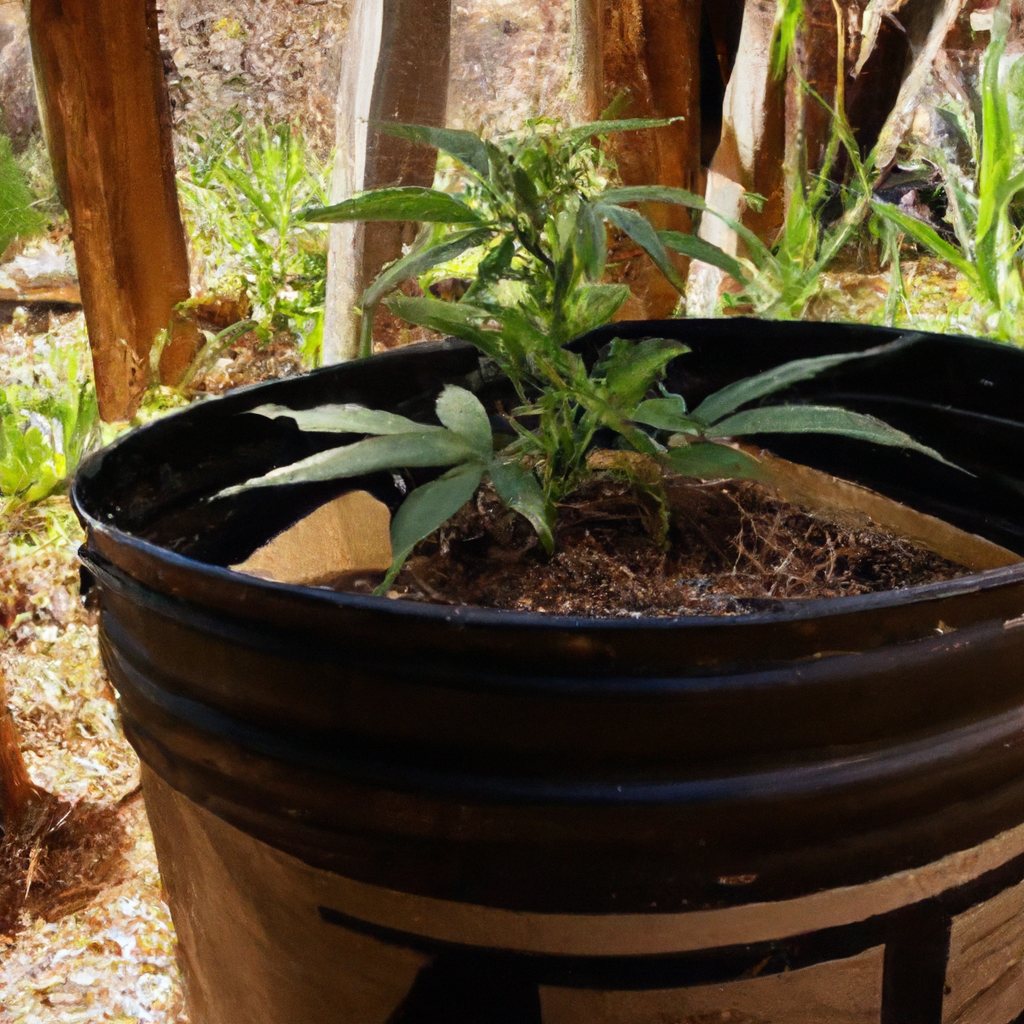Your cart is currently empty!
As the demand for environmentally friendly cannabis continues to rise, more cultivators are turning to organic growing practices. This approach not only ensures a sustainable crop but also enhances the quality and potency of the cannabis produced. In this article, we’ll explore the best practices in organic cannabis cultivation, from natural fertilizers to sustainable pest control, and the benefits for both growers and consumers.
Nurturing Soil Health Naturally
Organic cannabis cultivation starts with the soil. Healthy soil is rich in organic matter and hosts a vibrant ecosystem of microbes and fauna, which naturally enhance nutrient availability. Here are some methods to build and maintain healthy soil:
- Composting: Incorporate compost into your soil to boost organic matter. Composting kitchen waste and plant debris can create a nutrient-rich medium for cannabis plants.
- Cover Crops: Use cover crops like clover or rye to improve soil aeration, prevent erosion, and fix nitrogen in the soil.
- Maintaining pH Balance: Regular testing and adjustment ensure the pH remains within optimal ranges (6.0-7.0) for nutrient uptake.
Choosing Natural Fertilizers
Organic growing avoids synthetic chemicals by sticking to natural fertilizers. These options provide essential nutrients while minimizing environmental impact:
- Fish Emulsion: A highly effective nitrogen source that promotes leafy growth.
- Bone Meal: Rich in phosphorus, it aids in strong root development and flowering.
- Kelp Extract: Provides micronutrients and hormones that boost plant resilience and growth.
Eco-Friendly Pest Control
Managing pests organically enhances the resilience of cannabis without harming the environment. Effective strategies include:
- Beneficial Insects: Ladybugs and predatory spiders naturally keep harmful pests in check.
- Neem Oil: A natural pesticide used in moderation, neem oil effectively repels a variety of pests while being safe for beneficial insects.
- Companion Planting: Grow pest-repelling plants like marigold or basil near cannabis to deter unwanted guests.
Sustainability: The Heart of Organic Cultivation
By embracing these sustainable practices, cultivators not only contribute positively to the environment but also reap benefits in terms of product quality:
- Reduced Footprint: Organic methods reduce chemical runoff, creating a cleaner ecosystem.
- Improved Quality: Organic cannabis often exhibits richer flavors and enhanced cannabinoid profiles due to healthier growth conditions.
- Consumer Demand: As consumers become more conscious of product sourcing, organically grown cannabis is increasingly favored.
Conclusion
Implementing organic practices in cannabis cultivation is not only beneficial for the environment but also enhances the quality of the final product. By nurturing soil health, utilizing natural fertilizers, and managing pests sustainably, growers can produce superior cannabis while promoting a healthier planet.
Whether you’re an experienced farmer or just starting, adopting organic cultivation methods offers a path to a sustainable and prosperous operation.
Discover more from Magic Clones
Subscribe to get the latest posts sent to your email.


Leave a Reply